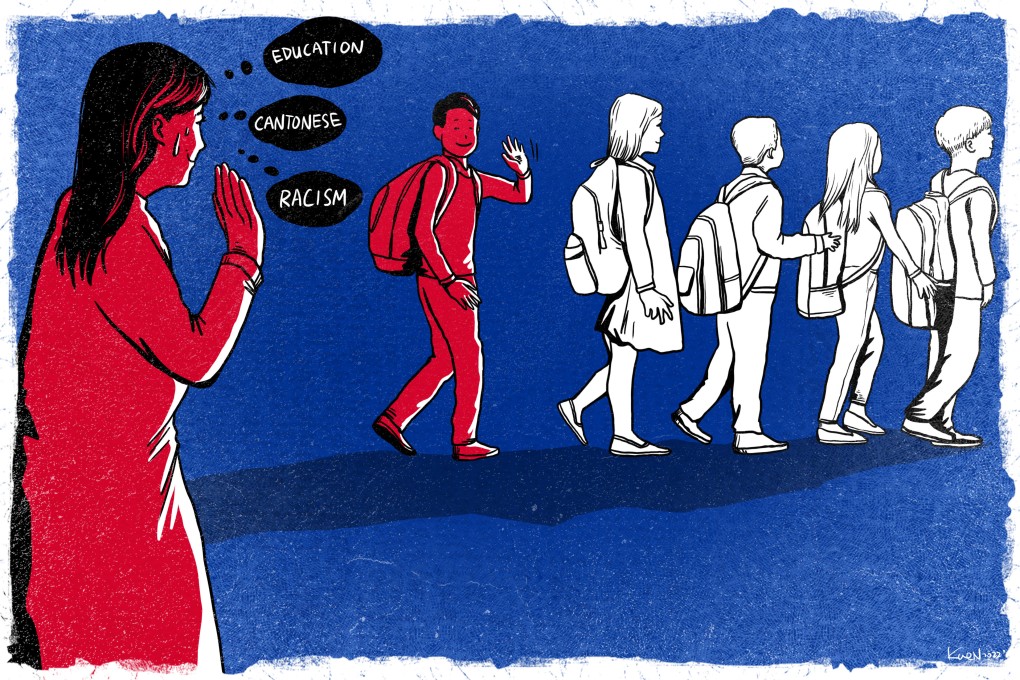Good school hunting: struggles, triumphs of Hong Kong children studying in UK after moving with families in BN(O) bid
- Former city residents seeking greener pastures with British scheme find themselves among intense competition for school slots under new system
- Some students from these families welcome new way of learning, but observers say there should also be attention paid to emotional wellness of such children

Three months before Lilian Lau left Hong Kong with her husband and two boys, she found their next home in Oxford and set about setting up the lease. As a secondary school teacher for 20 years, education was especially important to her, and she wanted to begin the paperwork to enrol her youngest son in the state school she and her husband felt would suit him best. She counts herself lucky they were successful.
“He could go to his first choice, but many parents say it has been difficult for them,” the 47-year-old said. “In hotspots, my neighbours’ children have gone to their third or fourth choice or even moved to a different town.”
Leaving Hong Kong was not Lau’s idea. Her husband, a former IT analyst, was worried how the city’s shifting political landscape might affect the future of their two sons, aged 12 and 15.
Taking advantage of their British National (Overseas) status, awarded by the city’s departing colonial rulers before the handover in 1997, they sold their flat and moved to Oxford last August. They decided on the central southern English town primarily because their eldest son had chosen one of its independent schools.
In the year since the BN(O) scheme launched, Manchester, Birmingham and southeast England have grown to be popular areas for the immigrants due to the choices in education. But even northern England, in cities such as Sheffield and Leeds, has witnessed competition for school places among new arrivals, according to local authorities.